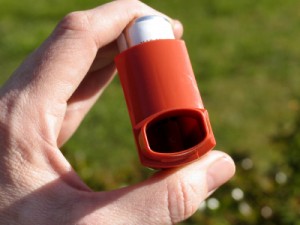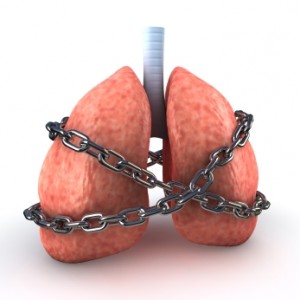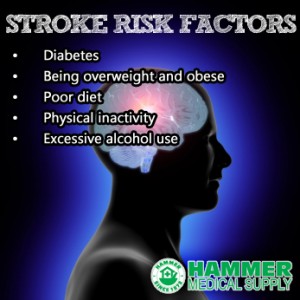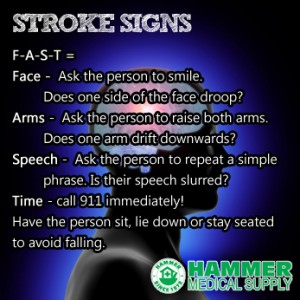Asthma is a breathing disorder that causes your airways to the lungs to swell and tighten up. When this happens, it may cause you to start wheezing, have a shortness of breath, chest tightness or coughing. From the CDC, in 2009, there were 479,300 asthma related hospitalizations and 1.9 million emergency room visits. Today, Hammer Medical would like to explain what asthma means to you.
Asthma can range from being mild, moderate, serious or even life-threatening. Asthma is a disease that affects your lungs and is common with children. Not to say adults cannot have asthma too. In most cases, nobody knows what causes it and how to cure it. Unfortunately, there is no cure for asthma, but it can be controlled and treated. By following a treatment plan, anyone with asthma can live free of symptoms.
If you or someone you know has asthma, they have what are called asthma attacks. During an attack, the sides of your airways swell and shrink; causing less air in and out of your lungs and making it uncomfortable for you to breathe. Here are some early signs to tell when someone is having an asthma attack:
- Coughing frequently, mainly at night
- Shortness of breath
- While exercising, feeling tired or weak
- Common cold
- Allergies
- Difficulty sleeping
Asthma drugs are taken by mouth and breathing. Many drugs are taken with a metered dose inhaler, which is a s
mall aerosol container in a plastic container that, when pushed down, releases medicine to help you breathe again. Some asthma drugs can be taken as powders, vapors, pills, liquids and shots. Make sure to only take medicine prescribed by your doctor, because different people have different doses and it could make yours worse.
Hammer Medical wants you to be aware of what asthma is and to see the warning signs if you or someone you know has it. Make sure to take a look at our line of oxygen concentrators to treat other respiratory complications today!











